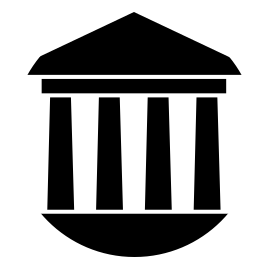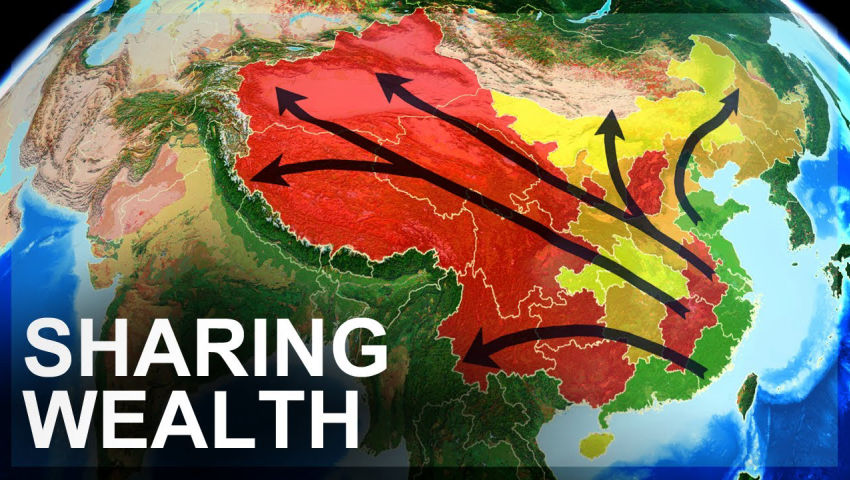

Imperialist west/US is totally taking part in that, either funding or leading in some way. Go and make your demands; but demanding the CPC down, that is demanding a liberal, US-like model, will just destroy China (that is all US wants). So these protesters are acting in bad-faith or were brainwashed and don’t have enough information.








If the US historically had not take part in such activities worldwide I would not have made that claim. Because the US have done so much imperialist activities that lead to war, military dictatorships, … it is only logical to assume US involvement.
And it is not the first time US tries to fuck up China specifically
Also of course some people in China will be legitimately angry with the regime (ever saw that nail houses thing?), but not assuming US involvement is naive.